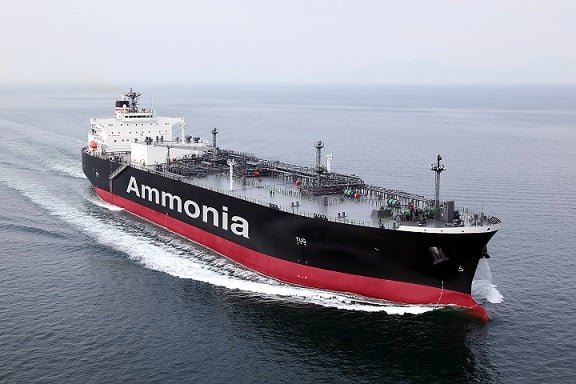Importing Renewable Hydrogen as Ammonia: Study Finds Domestic Production More Economical for EU
Importing renewable hydrogen as ammonia from countries with abundant renewable sources could be more expensive than producing it domestically in the European Union, a new study found.
The study, titled “The economics and greenhouse gas emissions of renewable hydrogen and e-fuels imported in the European Union”, has been published by the International Council on Clean Transportation (ICCT).
The paper delves into the economic costs and climate impacts of importing renewable hydrogen and e-fuels into the European Union. It specifically focuses on Brazil and Egypt, where the European Union has recently expanded engagement to facilitate renewable hydrogen and e-fuels imports.
Challenges of Importing Renewable Hydrogen
Renewable-abundant countries such as Brazil or Egypt may produce renewable hydrogen at a lower cost than the European Union. However, the costs of shipping—including converting hydrogen to ammonia, transporting it over a long distance, and then “cracking,” or reconverting the ammonia back into hydrogen—can be as high as the production cost itself. The study reveals that even with mid-level technology costs and government incentives, the cost of importing renewable hydrogen from Brazil in 2030 could be nearly 50% higher than the projected EU average.
Comparing Costs of Renewable E-fuels
On the other hand, the cost of importing renewable e-fuel could be lower than producing it domestically in the European Union. However, the authors of the study suggest that imported e-fuel may not reach cost parity with fossil diesel unless there are significant technological breakthroughs that reduce production costs.
According to the study, e-diesel produced in any country is expected to remain substantially more expensive than fossil diesel until 2030.
Future Outlook for E-fuels
“We anticipate that the price of e-diesel, whether imported or produced within the EU, will likely not be lower than €2 per liter in 2030. Importing e-diesel from Egypt or Brazil could be about 20% cheaper than producing it in the EU on average,” noted Yuanrong Zhou and Chelsea Baldino, authors of the study.
Ensuring Sustainable Imports
The European Union has set additionality and geographic matching requirements to ensure that imported renewable hydrogen and e-fuels effectively decarbonize transport. The fuels must be certified by third parties to meet these requirements to prevent higher greenhouse gas emissions than fossil fuels, especially in regions with a high share of fossil fuel in the power grid like Egypt.
Overall, the study highlights the challenges and opportunities of importing renewable hydrogen and e-fuels into the European Union, emphasizing the importance of cost-effectiveness and sustainability in the transition to cleaner energy sources.

